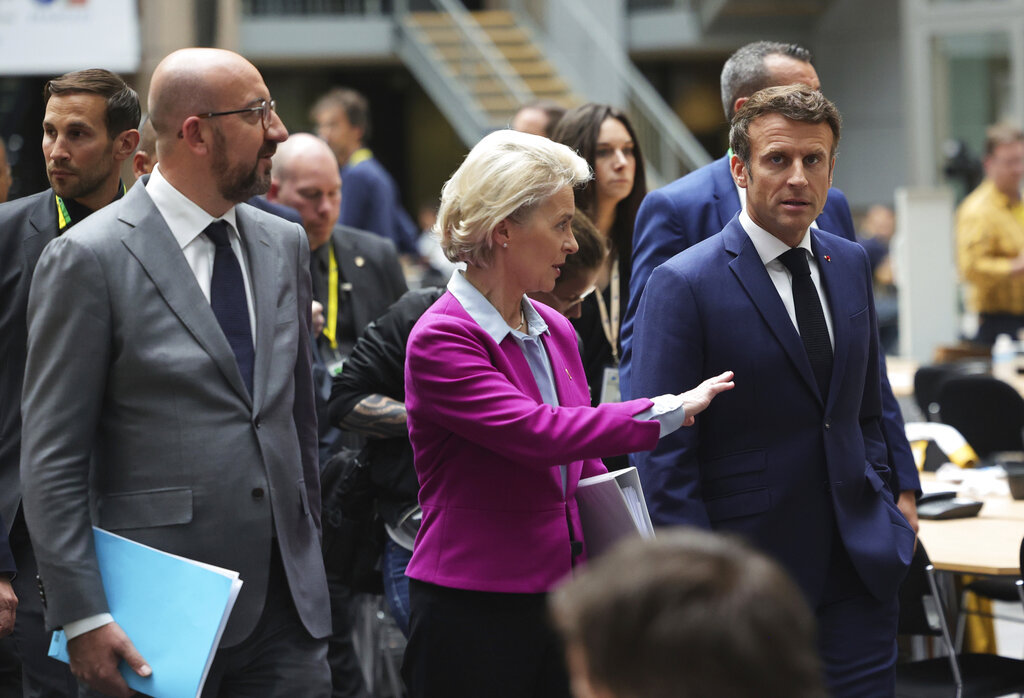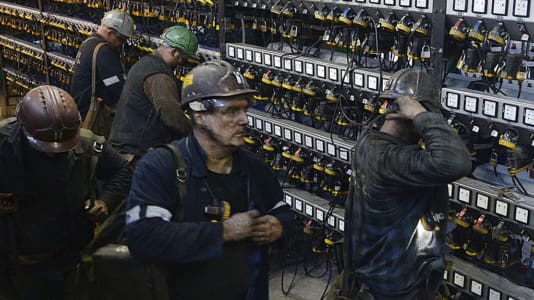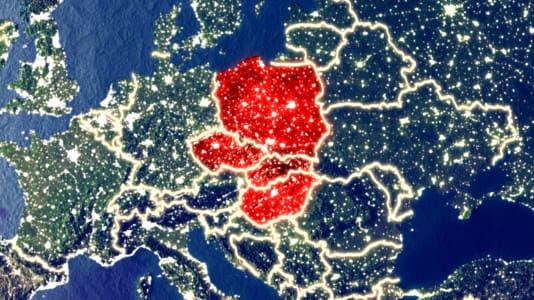The enlargement process of the European Union is an absurd drama, and the candidate status handed to Ukraine and Moldova last week was a mere gesture and nothing more, due to the insurmountable obstacles facing the two countries, German newspaper Die Welt published in its assessment of the first day of the EU summit. It also reminded its readers that candidate status is a political signal and has no legal binding force — moreover, none of the countries are even close to meeting the requirements.
Even before the summit, the newspaper predicted that the issue of enlargement would be a contentious one, with much more going on in the background than appears in the final decisions. For example, France and the Netherlands were reluctant to support enlargement, while others were more enthusiastic: Austria, Slovenia and, to a lesser extent, Croatia. Austria’s Chancellor Karl Nehammer and the liberal Slovenian PM Robert Golob shared Viktor Orbán’s view that Bosnia and Herzegovina would also benefit from candidate status, so as to keep the EU relevant in the eyes of the Western Balkans.
Politico meanwhile claimed that it is increasingly hypocritical to talk about enlargement, because although most member states speak about integrating the Western Balkans, Ukraine, Moldova, and other potential members into the Union’s economy and values, many experienced diplomats are aware that the EU would not be able to accommodate new members. Skeptics say the EU is not just an ideological and economic union, but also an alliance that makes new rules, and the texts created at the cost of many compromises are more like Frankenstein’s monster— so what happens if “more chefs are entering the kitchen in Brussels?” Even in its current form, the EU is highly divided on a number of issues, and the hatchets cannot be buried.
Reading the assessments of the Western press, it becomes clear that the member states have agreed that Ukraine needs to send a strong signal about its European perspective, but until this is fulfilled, the Union must focus on keeping its own house in order. Not only is the long-standing matter of EU expansionism an ongoing issue for the bloc, but so are the consecutive crises. A conference on the future of Europe would have been a good opportunity to face these, but as is the good practice in Brussels, they only heard what they wanted to hear. Hungary undeniably took part in the conference, and a number of events were held in Hungary with Hungarian Prime Minister Viktor Orbán formulating seven theses on how the EU should change.
First, he reiterated the need for a Europe of individual nation states and remained opposed to the EU superstate. Second, he insisted that integration should not be seen as an end in itself, overriding national interests and traditional values. Third, the Hungarian prime minister highlighted that a powerful slice of power had been outsourced by the Brussels authorities to networks organized and managed from outside Europe, primarily the Soros network and the American Democratic interests behind them. Fourth, he expressed the need for common economic success across the bloc, as well as other EU requirements including the need for the creation of common security, reform of the European Parliament, and the need for accession talks with Serbia.
The European Union remains in a troubling situation due to Brussels’ liberal elite refusing to accept Orbán’s advice. They want to grab even more power out of the hands of nation-states and destroy the European economy with sanctions; they also seem determined to lessen the bloc’s common security with illegal migration and a drift towards war, steadfastly following the instructions of the Soros network and listening to Washington instead of common sense.
No further sanctions are needed. It’s not too late to get our act together.






